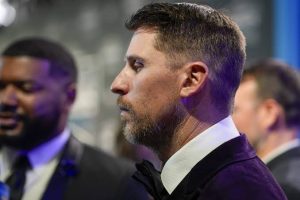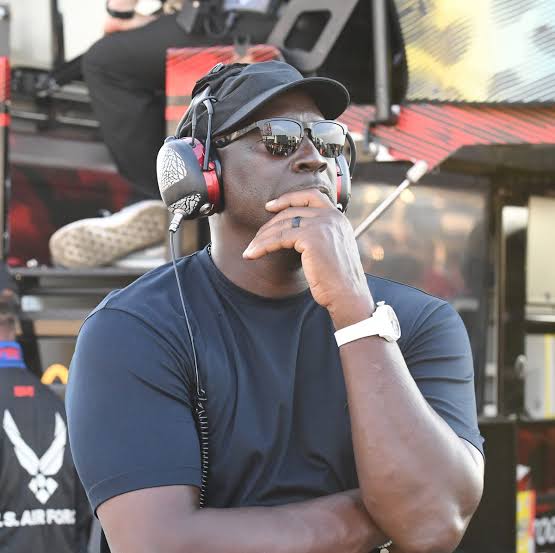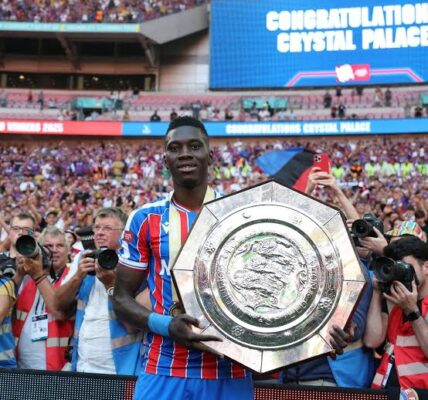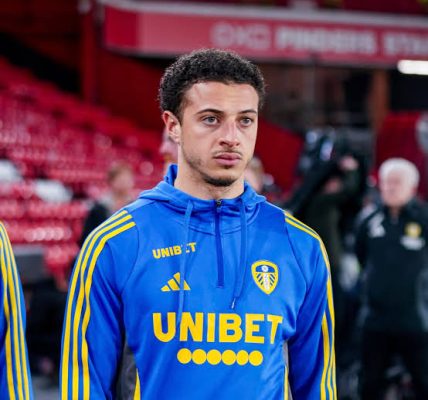NASCAR antitrust case: Appeals judges show skepticism over injunction
A three-judge federal appeals court panel expressed skepticism Friday morning over the grounds used by Michael Jordan’s race team and one other to win a preliminary injunction against NASCAR in their ongoing antitrust lawsuit.
23XI Racing and Front Row Motorsports were previously granted an injunction from a North Carolina district court to race this season under the terms of NASCAR’s “charter agreements,” which guarantee entries and payouts into each race, after both teams refused to sign new agreements last year.
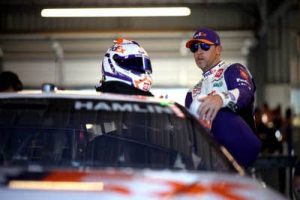
But NASCAR argued the basis of the injunction was flawed — and during a hearing at the Fourth Circuit Court of Appeals panel in Richmond, Va., the judges’ questioning leaned toward agreement. Judge Paul Niemeyer said the injunction was narrowly focused on a standard release clause that would have prevented the teams from bringing a lawsuit, but questioned why that would prompt antitrust action.
“If you don’t want the contract, you don’t enter into it and you sue,” Judge Paul Niemeyer said. “Or if you want the contract, you enter into it, and you’ve given up past releases.
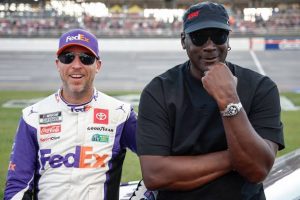
But I think our Omega observation (in a 1997 case between a travel agency and TWA) is you can’t have your cake and eat it too.”
While the judges said the race teams may very well have a viable case at trial, which is scheduled to begin Dec. 1, they said the issue before the appeals court did not concern the facts in the case.
Their entire focus hinged on the release clause the teams wanted removed before they would sign the charters, because the teams had argued it would require them to waive their rights to bring an antitrust lawsuit.
“I can see all this at trial, and it’d be a very interesting trial yet to happen, but the only thing we’re here on today is the preliminary injunction — and the only basis the district court ruled on for success on the merits was a release,” Judge Steven Agee said. “So it seems like to me it’s the release and the release only that’s determinative for today’s purposes.”
